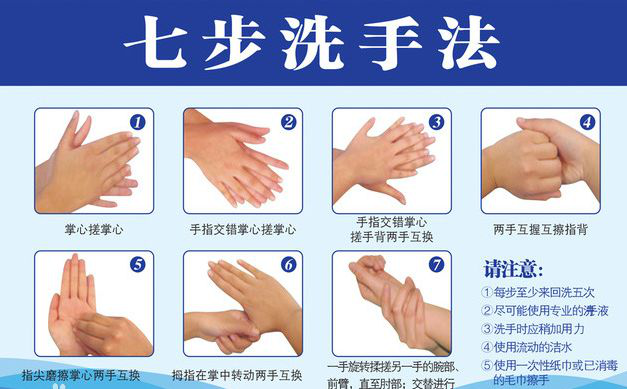Ophthalmic Visit Guide during Coronavirus Disease (COVID-19)
COVID-19 is the infectious disease caused by the most recently discovered coronavirus. The disease can spread from person to person through small droplets from the nose or mouth which are spread when a person with COVID-19 coughs or exhales. Here’s some protection measures for everyone.
Avoid Going to the Hospital
In principle, do not go to the hospital or go to the hospital less, except for the emergency and critical patients who must be treated immediately.
Eye emergencies include: eye injury, bleeding and unclear vision after trauma, foreign body entering into the eye, sudden red eye pain with headache, red eye with unclear vision, sudden or gradually aggravating vision decline, sudden occlusion of vision, postoperative discomfort, etc.
The following situations should be postponed in the epidemic period: optometry, children's strabismus, blurred vision in the elderly, glaucoma with good drug control, eye red without other symptoms, active black shadow without other symptoms, etc.
Reduce Medical Time
If you need to go to the hospital, you should know the situation of the medical institutions in advance by network or telephone, make appointment and preparation, be familiar with the layout of the hospital departments and procedures. Only do the necessary and urgent medical examination and medical operation. Reduce the time of medical treatment as much as possible.
Protect Yourself
Regularly and thoroughly clean your hands with an alcohol-based hand rub or wash them with soap and water. Wear a N95 or medical mask. Avoid taking public transport to hospital. Maintain a distance of at least 1 meter (3 feet) from people when talking with each other. When coughing and sneezing cover mouth and nose with flexed elbow or tissue. Avoid touching eyes, nose or mouth. When wear a face mask, be sure to cover mouth and nose, avoid touching mask once it’s on immediately discard single-use mask after each use and wash hands after removing masks.

If you have a fever, cough, aches and pains, nasal congestion, runny nose, sore throat or diarrhea and difficulty breathing seek medical care early and share previous 2 weeks travel history with your health care provider.
Read On Mobile
